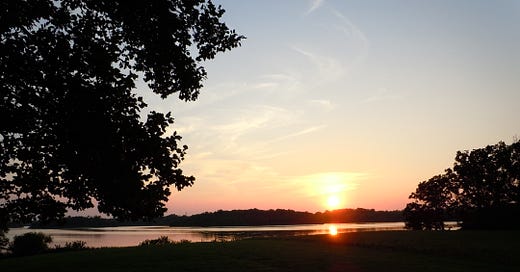What Makes a Good Conference? Part IX: Summary.
A shorthand for those who just want the tips for their next conference.
GSM:TABRITMIA
A good indicator for a successful conference or training session is when an autistic introvert in the middle of her period drives to your venue and gets information she hasn’t gotten online or in books, has left the venue with new contacts within an in-person network, or gets a job that leads to a career.
When setting up your next event, please consider the following tips:
· Always have the specific venue and schedule locked down before announcing your event.
· A good schedule has all the information available to your attendees when they arrive to the venue or in the email about the day of the event.
· Surprising your guests that there’s an unannounced second venue isn’t a smart idea!
· Good venue planning, especially for places that are away from the main conference venue, should be easy to get to without concern of getting lost. The larger the city, the more difficult navigating the highways and roads could be. Also, unless it’s outdoor survival training, pick a nice spot.
· It is best to keep the venues for the conference (or training) and entertainment close, like a resort, away from areas near highways where people could get lost.
· Always consider the time of year, especially if you want to have outdoor venues.
· It is good to have a separate room for presenters/vendors as a networking or business opportunity.
· Attendees at conferences and training sessions should feel they have information that is new, interesting, and useful in the future.
· It’s advisable to provide a few snacks in the room like nuts or jerky with some cookies during the breaks or even a catered lunch to minimize fatigue. The last thing you want are people so hungry, they either faint for not eating, or have to run to the bathroom for 30-45 minutes because the snacks they had were not appropriately filling and went through their system too quickly.
Thank you for reading these posts and considering these tips. Although I’m not a professional event planner, – I never planned a big conference nor wanted to – I hope the perspective of an autistic introvert will be helpful in avoiding some of the issues I experienced at some of the events I’ve attended.
[Note: I was citing the state, the theme of the conferences, and the month/year, but not the name of the conferences or the names of the host(s) or organization(s).]
Read the rest (nine parts total):
Part I: Backstory.
Part II: Planning and Announcements.
Part III: Venues.
Part IV: The Schedule.
Part V: Presentations.
Part VI: Got Food?
Part VII: Entertainment.
Part VIII: Aftermath.




